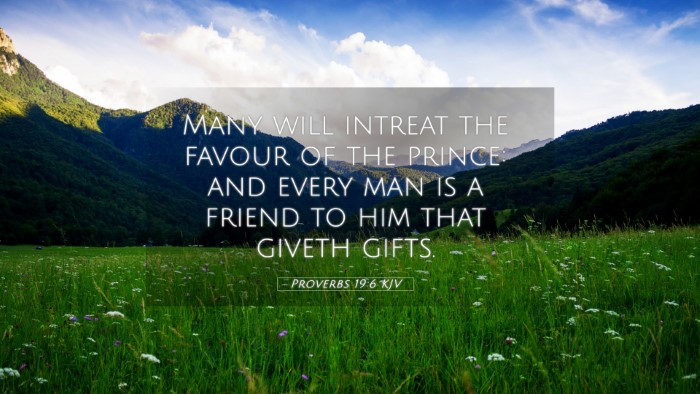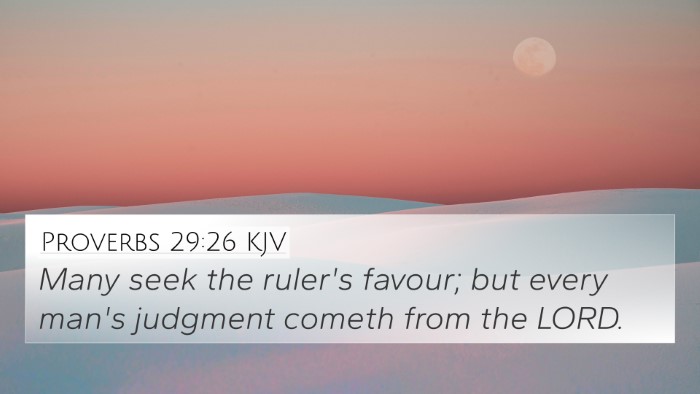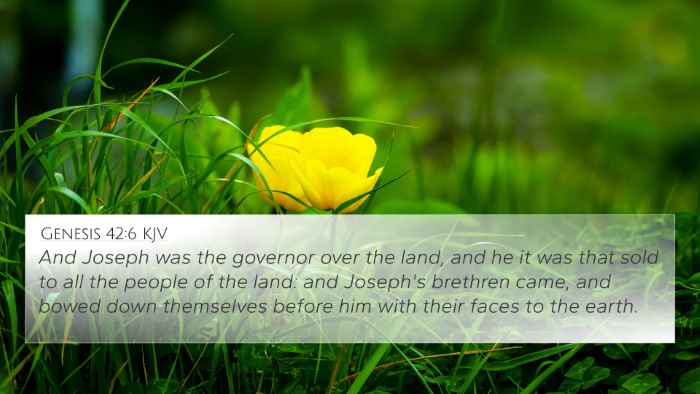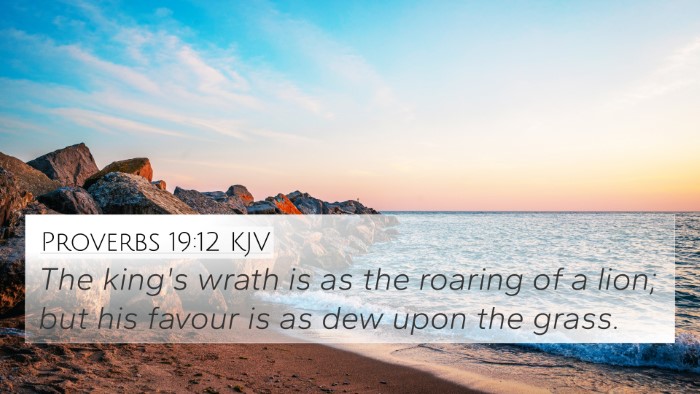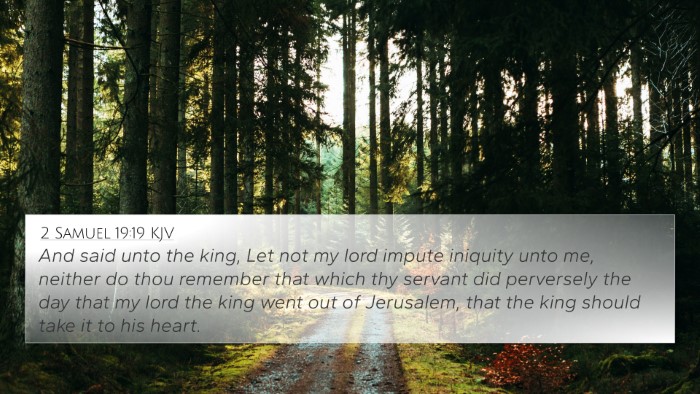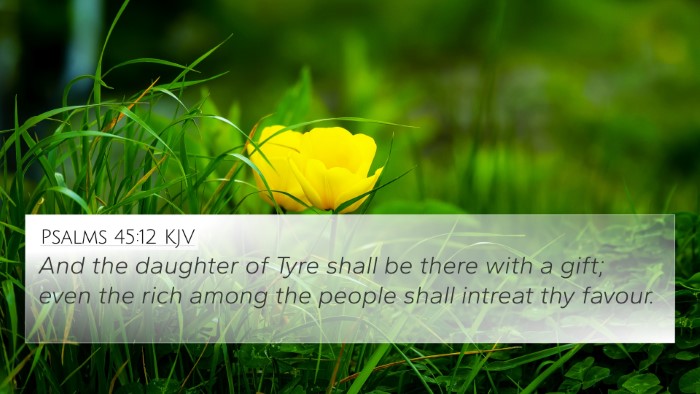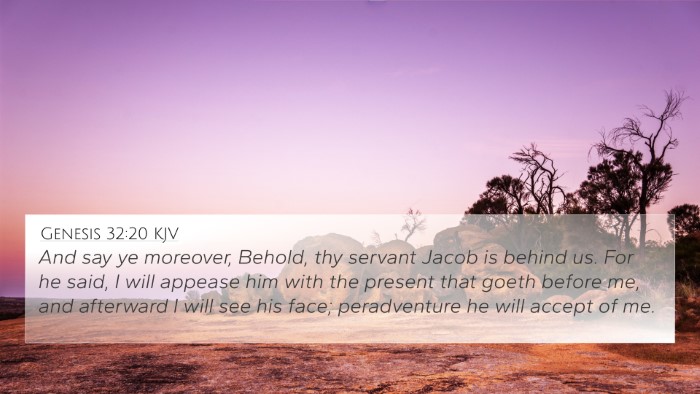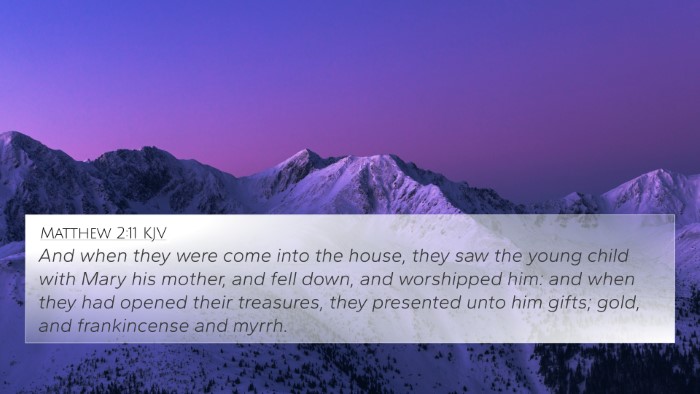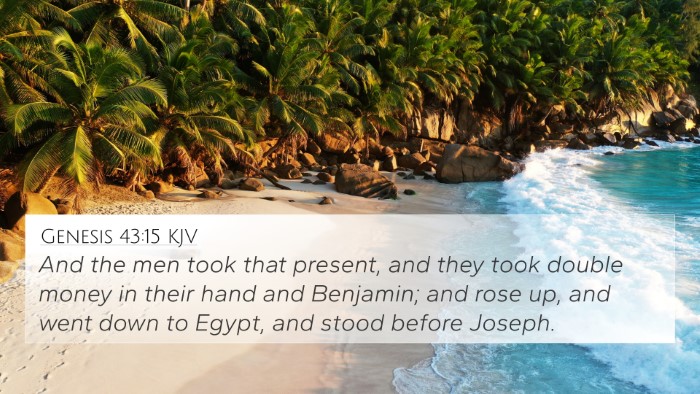Understanding Proverbs 19:6
Proverbs 19:6 states, "Many will entreat the favor of the prince: and every man is a friend to him that giveth gifts." This verse highlights the human tendency to seek the favor of those in power and the dynamics of relationships influenced by material generosity.
Interpretation and Insights
According to Matthew Henry, this verse emphasizes how people often surround themselves with individuals of influence and wealth. The idea here is that many are drawn to those who can provide security or benefits, often overlooking true friendship in favor of material gain.
Albert Barnes elaborates that this proverb reflects a common social reality where friendships may be superficial, influenced by what one can receive from another, rather than genuine camaraderie. He points out that those who give gifts often cultivate relationships based on expectation rather than authenticity.
Adam Clarke provides a cautionary perspective, reminding readers to discern the nature of relationships in their lives. He suggests that true value in friendships is found not in what others can give but in mutual respect, loyalty, and moral integrity.
Thematic Connections
This verse connects to several important themes in scripture:
- Materialism vs. True Friendship: The stark contrast between friendships based on gifts and those rooted in genuine love.
- The Influence of Wealth: How affluence can shape our relationships, challenging the idea of unconditional love.
- Human Nature: Insights into how people interact with those who hold power.
Cross-References
Proverbs 19:6 can be linked to several other scriptures that enhance our understanding of its message. Here are some valuable cross-references:
- Proverbs 14:20: "The poor is hated even of his own neighbor: but the rich hath many friends." This verse reinforces the theme of wealth attracting companionship.
- Proverbs 18:24: "A man that hath friends must shew himself friendly: and there is a friend that sticketh closer than a brother." This highlights the distinction between superficial and deep relationships.
- James 2:2-3: "For if there come unto your assembly a man with a gold ring, in goodly apparel..." This New Testament passage echoes the favoritism shown to the wealthy.
- Luke 16:9: "And I say unto you, Make to yourselves friends of the mammon of unrighteousness..." Suggesting the use of wealth to cultivate relationships.
- Ecclesiastes 4:9-10: "Two are better than one; because they have a good reward for their labor." This underscores the value of supportive relationships beyond material benefits.
- Matthew 5:46: "For if ye love them which love you, what reward have ye?..." This reinforces the idea that genuine love transcends transactional relationships.
- Proverbs 22:1: "A good name is rather to be chosen than great riches..." Emphasizing the importance of one's character over wealth.
Practical Applications
As we reflect on Proverbs 19:6, here are some practical applications for our lives:
- Evaluate Friendships: Consider the motivations behind your relationships and strive for those based on mutual respect and kindness.
- Pursue Integrity: Foster friendships where character is valued over material possessions.
- Generosity without Expectation: Give freely without the expectation of receiving something in return; embody genuine love and kindness.
Conclusion
In summary, Proverbs 19:6 serves as a reminder of the complexities of human relationships influenced by power and wealth. This verse not only reflects a social reality but also challenges us to pursue genuine friendships based on love, respect, and moral integrity.
By cross-referencing with other scripture, we can grasp a broader understanding of how these themes are interwoven throughout the Bible, leading to a deeper spiritual insight and encouraging meaningful relationships within our lives.

